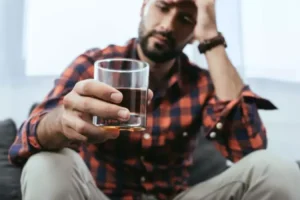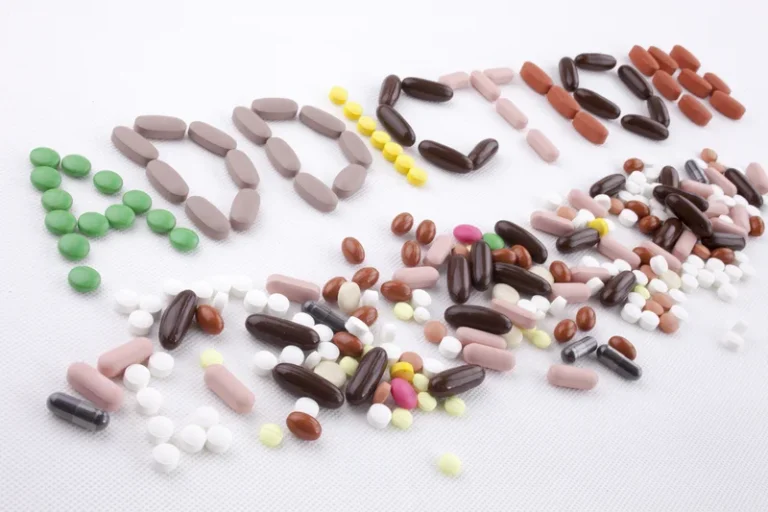
The dose must be reviewed on daily basis and adjusted based upon how well the symptoms are controlled and the presence of side effects. The greater the amount of opioid used by the patient the greater the dose of codeine phosphate required to control withdrawal symptoms. Symptoms that are not satisfactorily reduced by codeine phosphate can severe benzodiazepine withdrawal syndrome be managed with symptomatic treatment as required (see Table 3). The greater the amount of opioid used by the patient the greater the dose of methadone required to control withdrawal symptoms. If symptoms are not sufficiently controlled either reduce the dose of methadone more slowly, or provide symptomatic treatment (see Table 3).
- Cannabis withdrawal is managed by providing supportive care in a calm environment, and symptomatic medication as required (Table 3).
- In addition, 76.2 percent of respondents had not been informed that benzodiazepines are approved for short-term use only and that discontinuation might be difficult.
- Patients should drink at least 2-3 litres of water per day during stimulant withdrawal.
- Withdrawal symptoms for long-term users usually resolve within 6–18 months of the last dose.
- While there is no FDA-approved medication to treat benzodiazepine withdrawal, your doctor may also prescribe other medications to help you manage withdrawal symptoms.
8. WITHDRAWAL MANAGEMENT FOR CANNABIS DEPENDENCE
Patients who have been using large amounts of cannabis may experience psychiatric disturbances such as psychosis; if necessary, refer patients for psychiatric care. There is some evidence that lithium carbonate may be an effective medication for cannabis withdrawal management. However, until further research has established the efficacy of the medication for this purpose, it is not recommended for use in closed settings. Patients should drink 2-3 litres of water per day while in withdrawal.
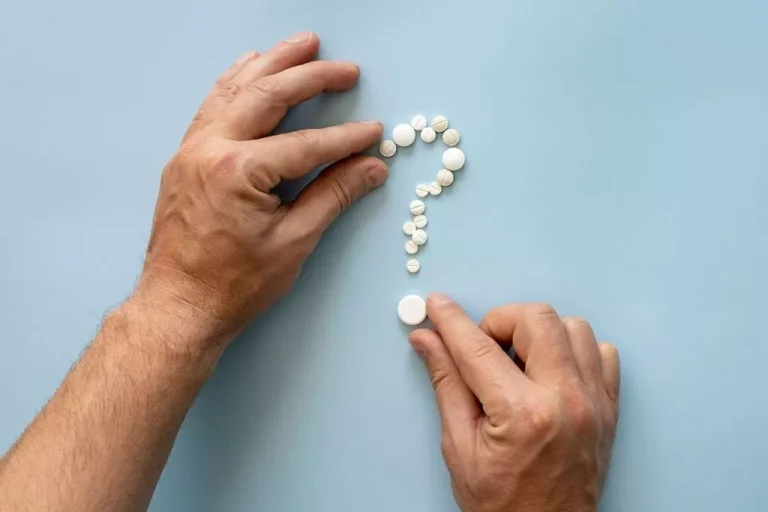
Inpatient treatment

Methadone alleviates opioid withdrawal symptoms and reduces cravings. Methadone is useful for detoxification from longer acting opioids such as morphine or methadone itself. Although differentiating withdrawal reactions from recrudescent psychiatric symptoms after drug withdrawal is always difficult, a number of factors favored the former interpretation of the newly-appearing symptoms and signs.
- Further studies from 2000 and 2011 determined that “Up to 44% of long-term benzodiazepine users have persistent moderate to severe withdrawal symptoms when they attempt to discontinue the drug” (De las Cuevas et al., 2000; Lader, 2011).
- This drug has boxed warnings about risks of misuse and abuse, dependence and withdrawal, and severe or life threatening side effects if used together with opioids.
- Nevertheless, the survey findings support and bolster earlier research on the condition dating from the 1960s and repeated as factors of concern in the 1970s and 1980s.
- Other medications, like certain antidepressants or anticonvulsants, can also aid in managing symptoms during withdrawal.
Difficult tapers
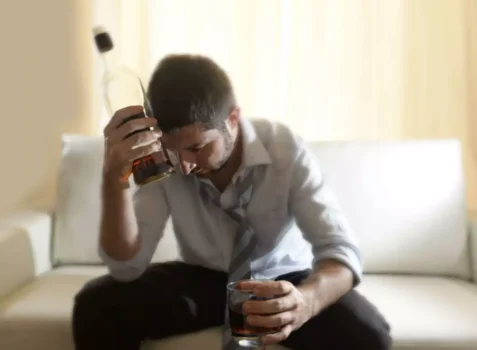
Because of its pharmacological action (partial opiate agonist), buprenorphine should only be given after the patient begins to experience withdrawal symptoms (i.e. at least eight hours after last taking heroin). Providing withdrawal management in a way that reduces the discomfort of patients and shows empathy for patients can help to build trust between patients and treatment staff of closed settings. During your taper, you may still experience some of the symptoms of withdrawal. Your doctor will help make an individualized tapering schedule based on your current dose and particular circumstances. Benzodiazepine withdrawal can be managed with a gradual dose reduction, which will cause milder symptoms that come and go in waves.
- Patients with cognitive impairments as a result of alcohol dependence should be provided with ongoing vitamin B1 (thiamine) supplements.
- Patients should drink at least 2-3 litres of water per day during withdrawal to replace fluids lost through perspiration and diarrhoea.
- People with benzodiazepine tolerance may take supratherapeutic doses because the recommended range no longer provides relief for their symptoms.
- Benzodiazepine withdrawal can be risky, so it is best to work with a doctor.
- These protracted symptoms are due to a major functional change within the neuroreceptors and areas of the central nervous system that benzodiazepines affect.
The way Ativan works
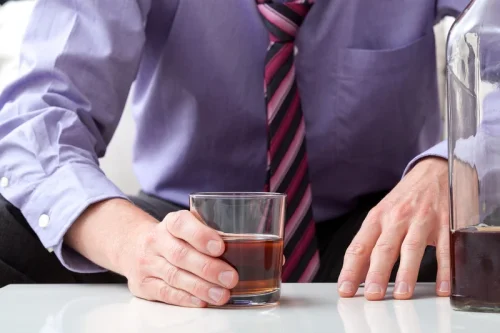
Short-term symptoms
